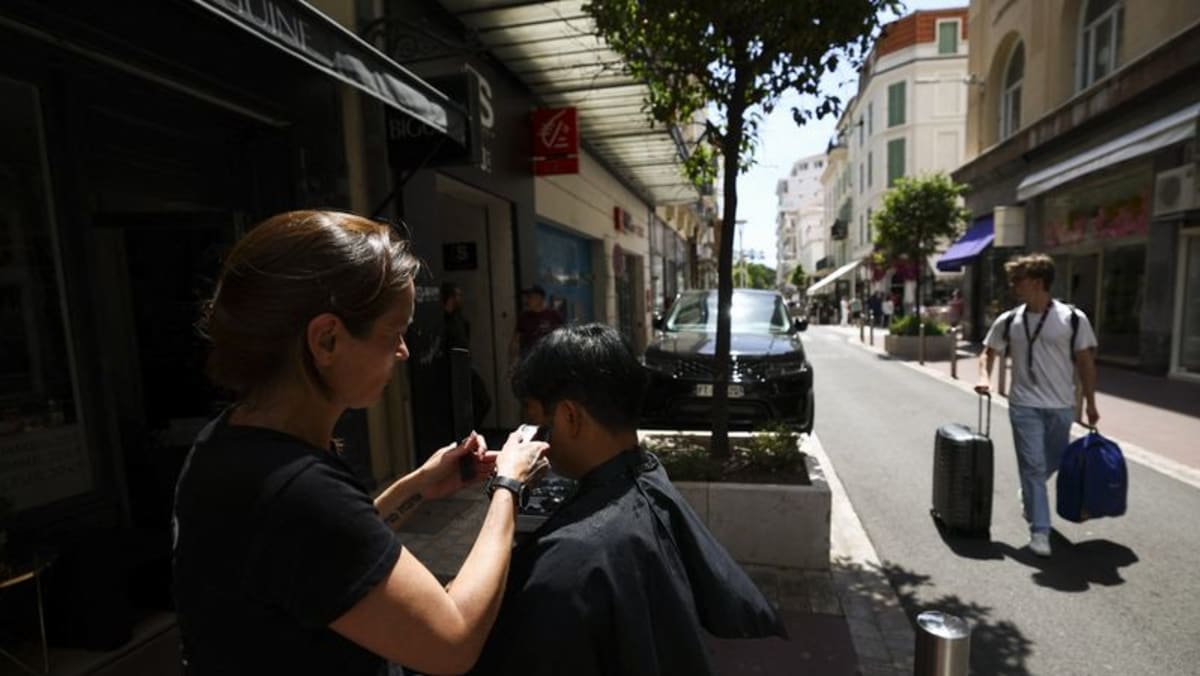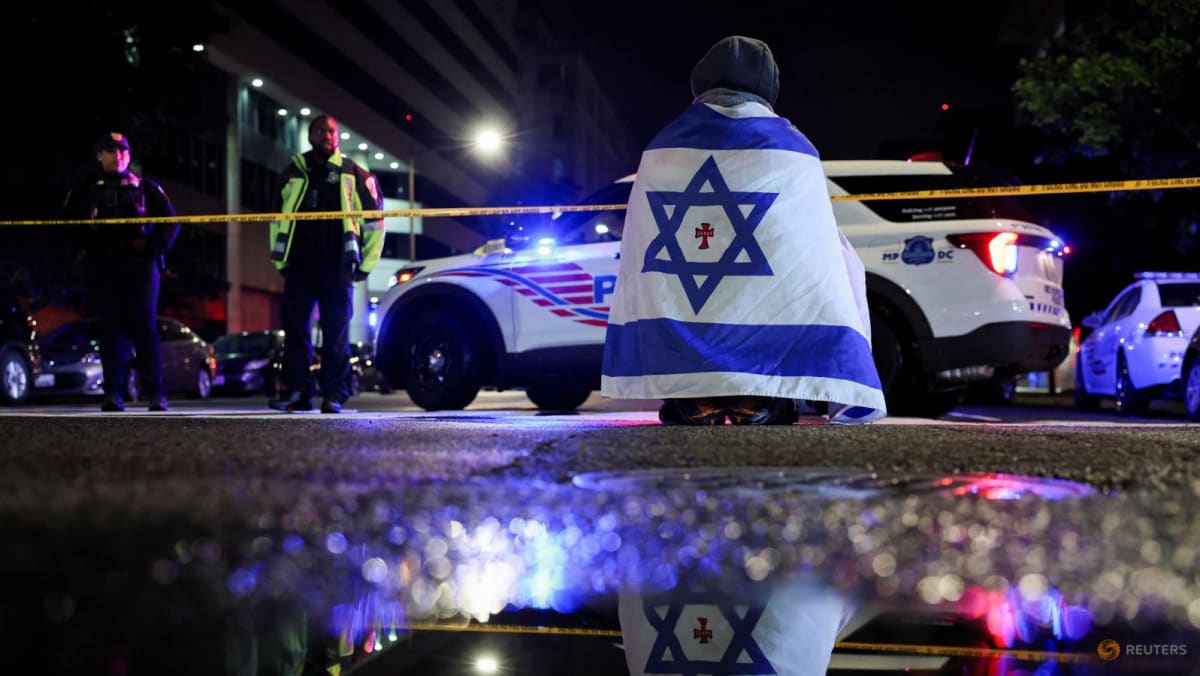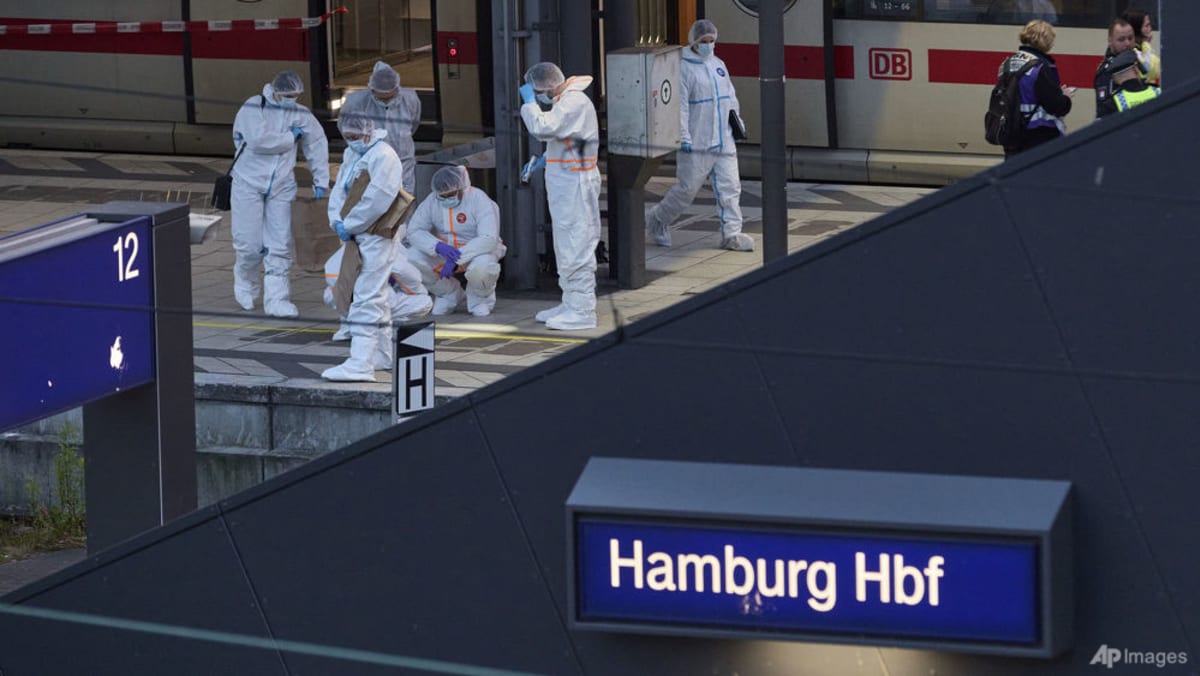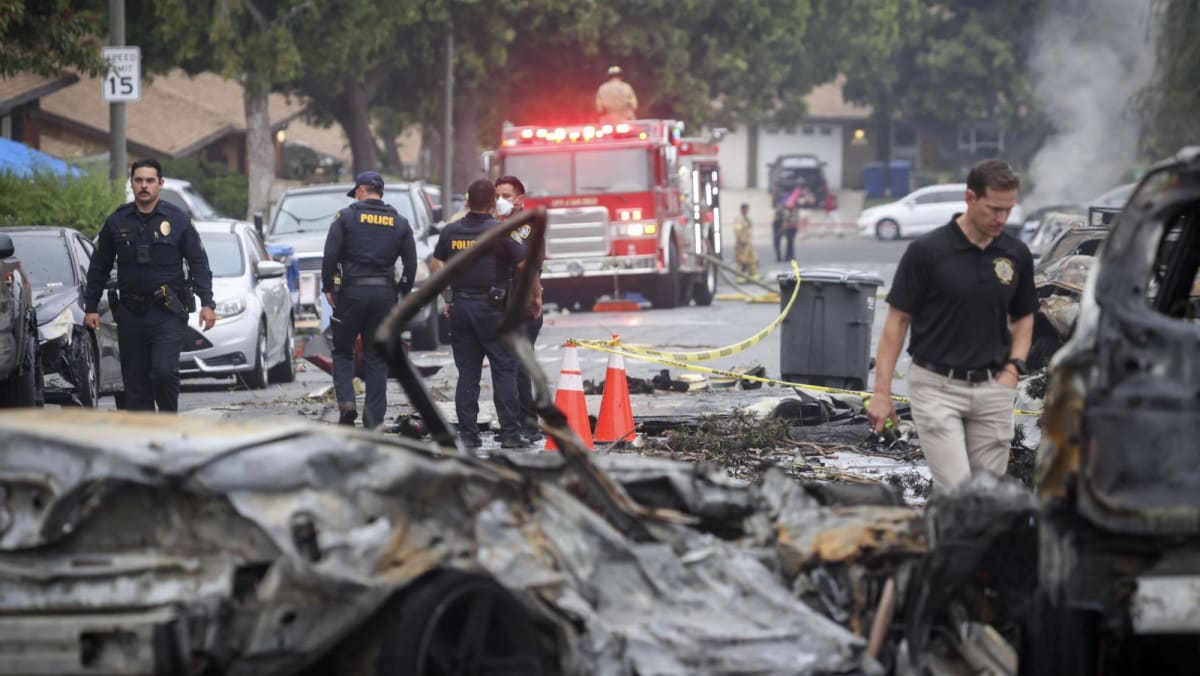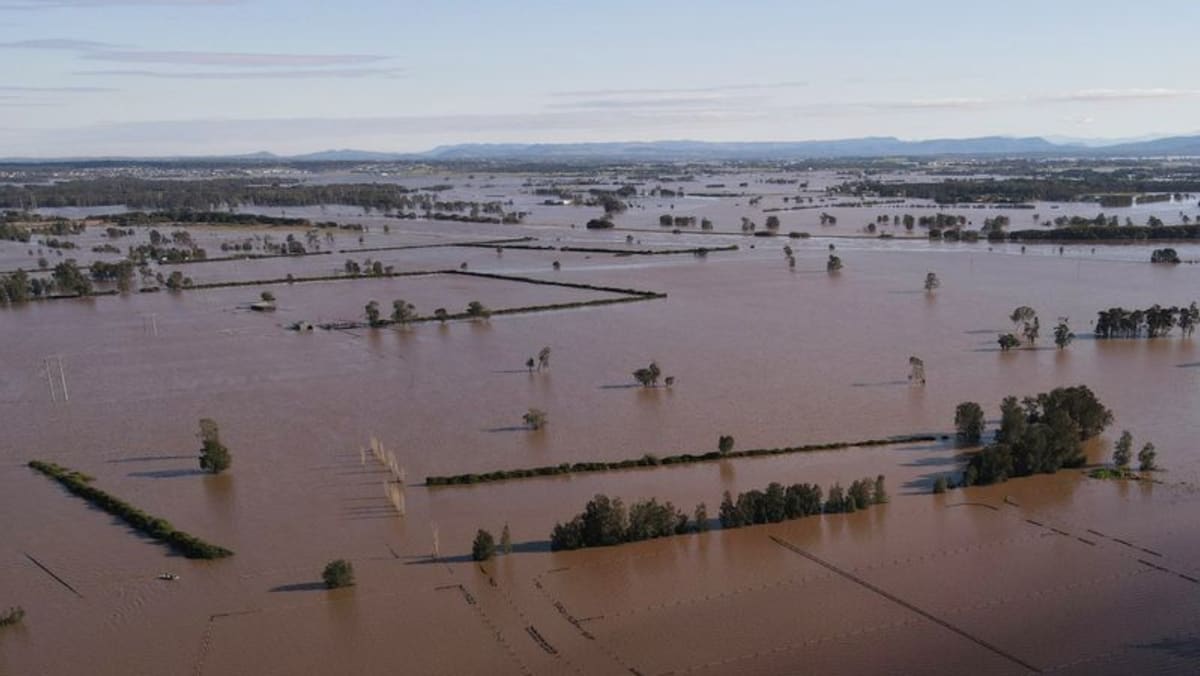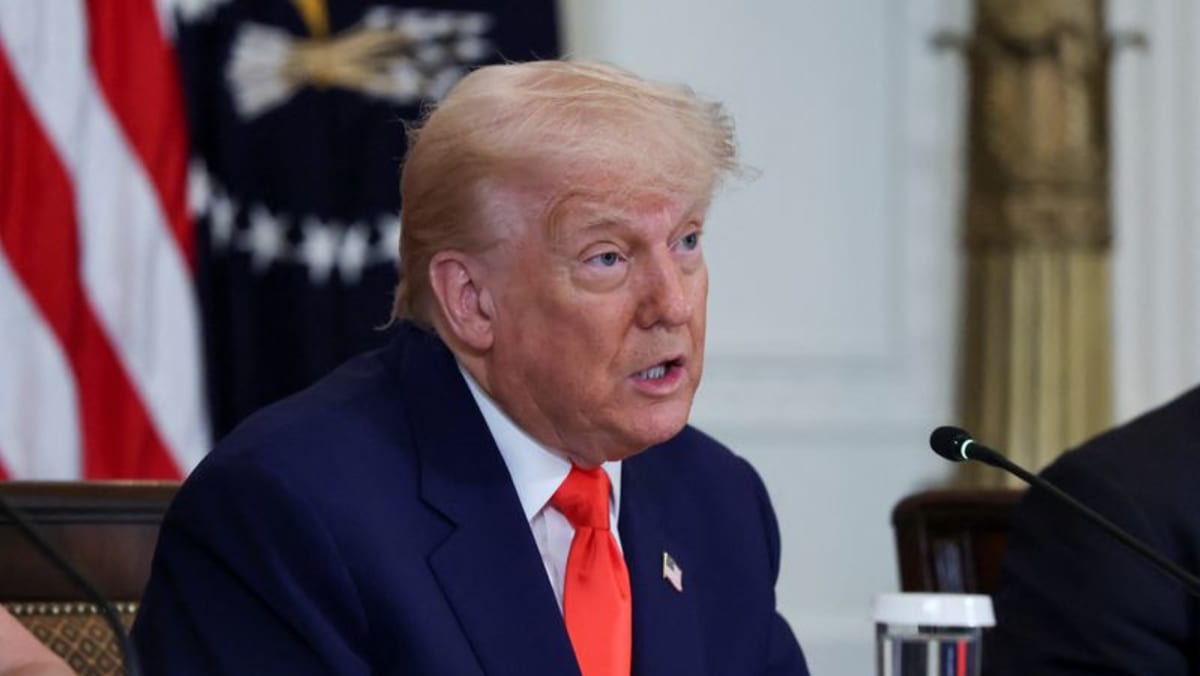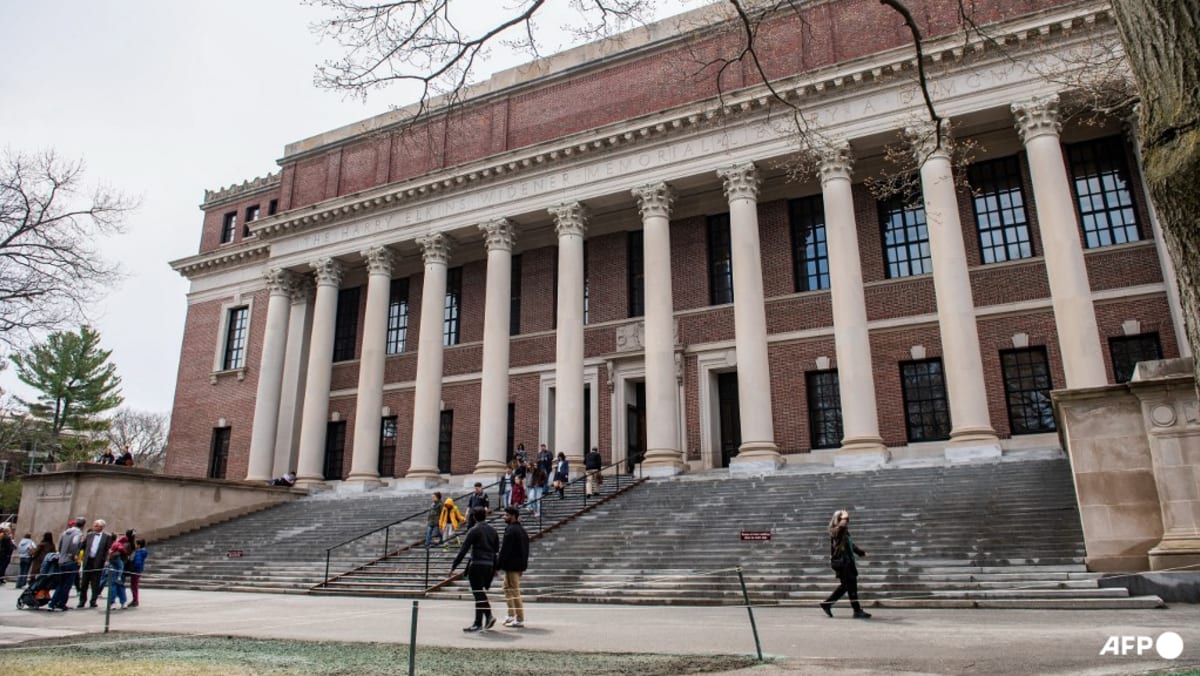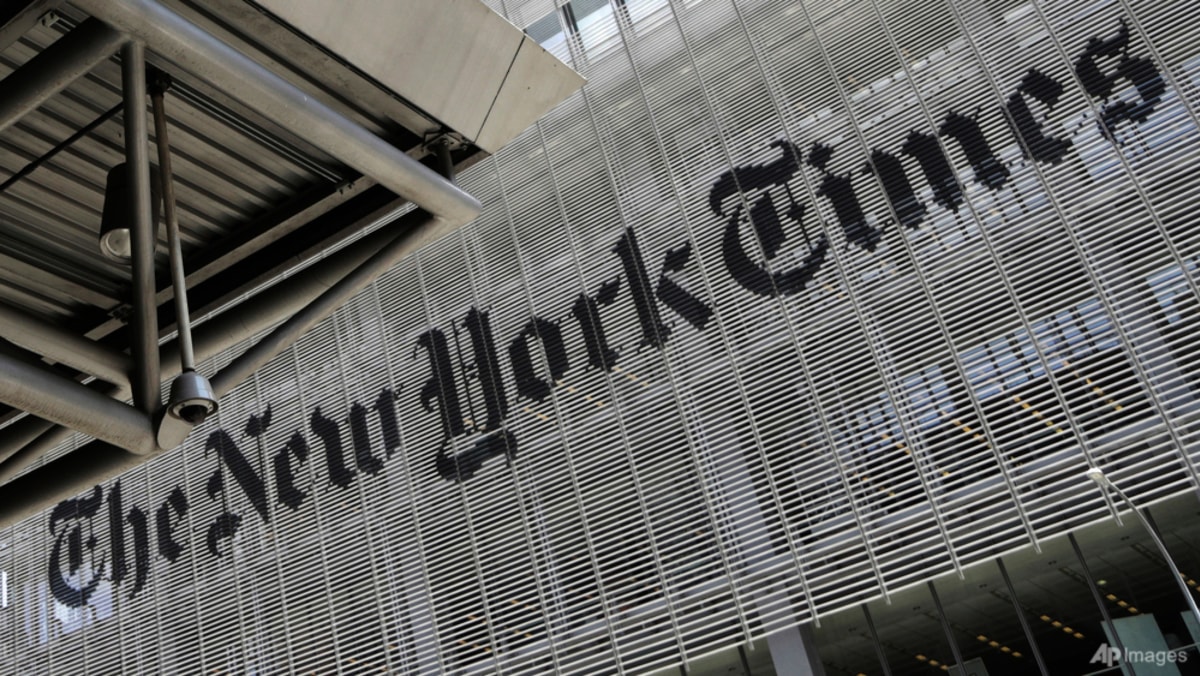THE LIMITS OF INTERNATIONAL LAW
The FBI and Israeli officials quickly described the fatal shooting this week outside the Capital Jewish Museum as an act of terrorism.
The suspect was alleged to have chanted slogans in support of Palestinians in the context of the ongoing Israeli-Palestinian conflict and has since been charged with murder.
While the investigation into his motivations and subsequent court proceedings will take months to unfold, it appears part of a troubling trend across decades: the globalisation of hatred, accelerated by digital media and amplified by conflict zones far from the site of the violence.
The normalisation of hate speech and the proliferation of extremist ideologies online amplify these risks.
This can make the task of protecting diplomatic personnel even more challenging. Some dangers are addressed by erecting fortifications around embassy premises, as occurred in the aftermath of attacks such as that on the Australian mission in Jakarta. But diplomats and embassy staff are expected to mingle with the community in which they are posted.
The threat is insidious and can be difficult to police or disrupt when the root of violence stems from online echo chambers or other means of radicalism. The 2016 killing of Russia’s ambassador to Türkiye was carried out by a man shouting about the Syrian war.
The Vienna Convention on Diplomatic Relations (1961) remains the cornerstone of international law on diplomatic protection, enshrining obligations on host nations to safeguard foreign envoys and missions. Articles 22 and 29 clearly articulate the duty to protect diplomatic personnel and their premises from harm.
But what constitutes “appropriate steps” required under the convention? Is it foreseeable that a mob in India would storm a Bangladeshi consulate, having been stirred to violence by nationalist ranting in an increasingly febrile media environment, as occurred last December?
The Convention was written in a different era, in anticipation of threats largely emanating from state actors, state-sponsored terrorism, or organised groups. The reticence by Australia to return its ambassador to Ukraine following the Russian invasion offers an example of the type of traditional threat the convention sought to mitigate.
But the risk of individuals radicalised online adds a different dimension, a threat that can arise independently, swiftly and unpredictably. Security agencies have been grappling with this as a danger to the wider community, with the Washington attack serving as an awful reminder that the challenge extends to protecting diplomats and embassy staff, too.


